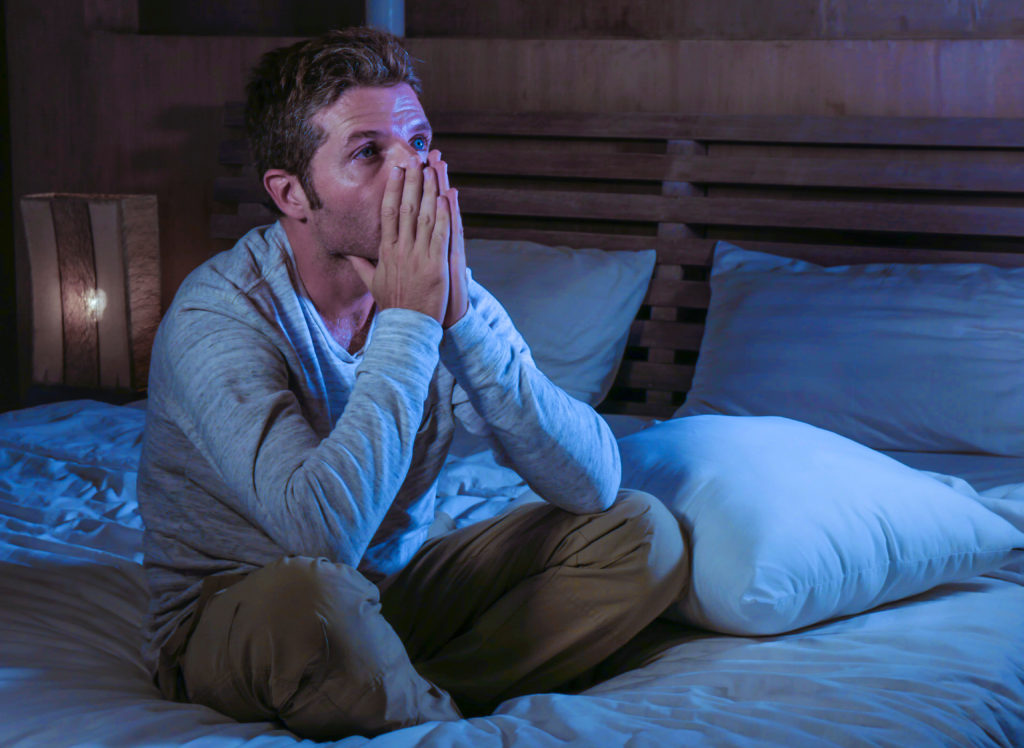While the number of beneficial effects on health brought on by coffee is a long and prosperous list, there are some consequences that people should be aware of. Since every human is genetically different, certain mutations without our genetics can mean that certain substances affect us in different ways than it may for other people. Caffeine metabolism is one area where it may be worth getting your genome sequenced before you become a 4-cup-a-day person. Here are 4 reasons why coffee might be bad for you.
1. Addiction

Caffeine is an addictive substance, and if you’re the kind of person who has been gripped by addiction before, consider keeping your coffee intake low down – or drinking decaf – as caffeine withdrawal can cause classic withdrawal symptoms like headaches and crankiness.
Related Article:
A Week of the Ketogenic Diet: 7-Day Meal Plan
2. Anxiety

Consuming too much caffeine can lead to jitteriness and anxiety, as shown in a recent study. If you are the kind of person who feels extra peppy after just one cup of coffee, consider perhaps keeping your intake low, as events similar to panic attacks have been reported in people which are too-sensitive to caffeine that drink a lot of coffee.
3. Sleep Loss And Disruption

Caffeine disrupts sleep whether you feel it or not. Sleep is a vitally important process for good health, and predicts longevity in a perfect, non-linear curve. Caffeine has a half-life of 6 hours and a quarter-life of 12. This means if you have a cup of coffee at 3pm to make a final push through the workday, half of the caffeine will still be in your bloodstream at 9pm, while you’ll still be utilizing a third of it for energy and alertness at midnight!
4. Blood Pressure

People with high-blood pressure should put a limit on how much caffeine they consume in a day, as it acts as a diuretic and can raise your blood-pressure slightly.
